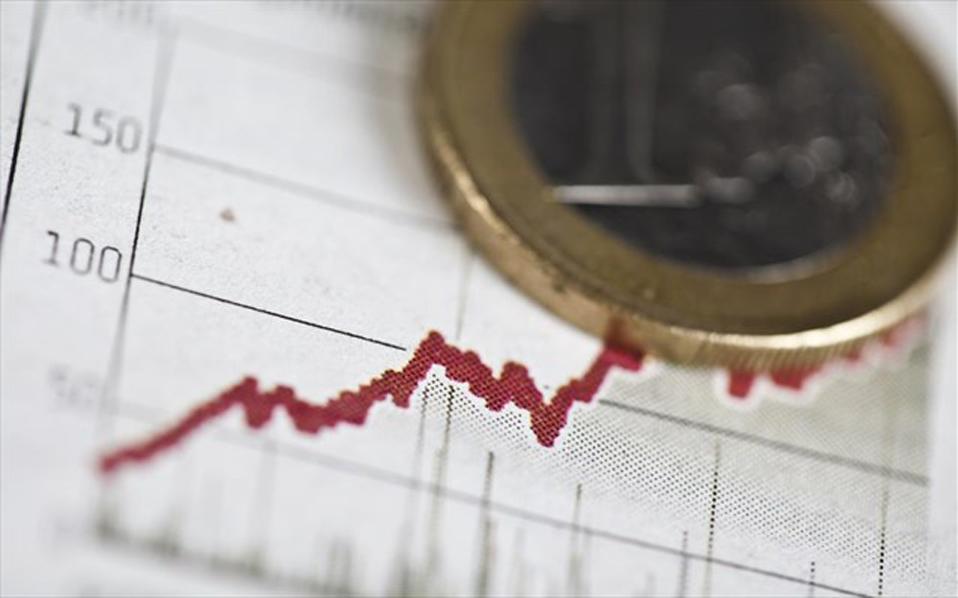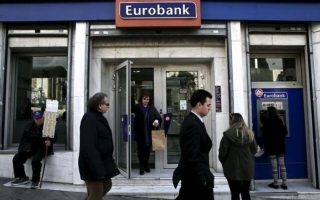Recession not as bad as feared

The government received a small boost on Monday from improved estimates on the performance of the economy in 2015, as it awaits a verdict from the Euro Working Group of senior eurozone finance ministry officials on the date that the bailout review will restart.
Sources say there remains a significant distance between the views of the eurozone and the International Monetary Fund, with the latter pushing for more austerity measures to plug a Greek fiscal gap it expects to be bigger than that anticipated by the eurozone.
The Greek side will be aided in the talks, when they do start, by the revised data on the contraction of the economy in 2015 that showed an unexpected improvement. Provisional figures published on Monday by the Hellenic Statistical Authority (ELSTAT) showed a 0.32 percent annual contraction for gross domestic product, compared with a first estimate of 0.70 percent, although this still falls short of the budget provision for zero recession last year.
In the October-December period, GDP shrank 0.8 percent annually, against an original estimate of 1.9 percent. ELSTAT attributed the improvement to the inclusion in its figures of data from services (retail and wholesale commerce, car sales etc), which bettered expectations in Q4. On a quarterly basis there was a 0.1 percent expansion from the July-September period, when the capital controls started and banks were closed for three weeks.
The recession in 2015 was mainly due to private investment, while consumption remained virtually stable and there was a drop in both imports and exports, partly due to the capital controls.
Data showed that investment declined 13.2 percent compared with 2014 to come to 19.4 billion euros. Private consumption rose 0.2 percent to 128.1 billion euros, while state consumption fell 0.1 percent to 39.9 billion. Exports shrank 3.7 percent year-on-year to 53.3 billion but imports declined further, by 6.9 percent to 56 billion, taking the trade deficit to just 2.7 billion euros against 4.8 billion a year earlier.





